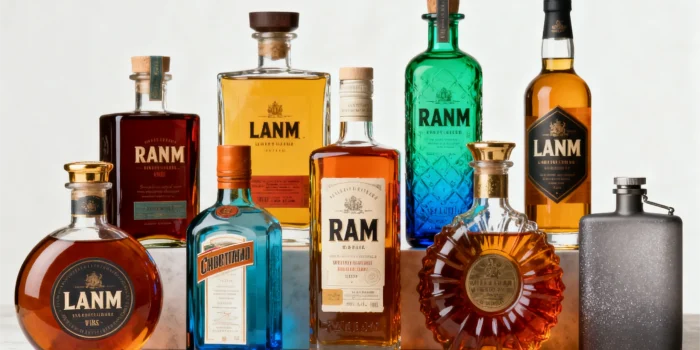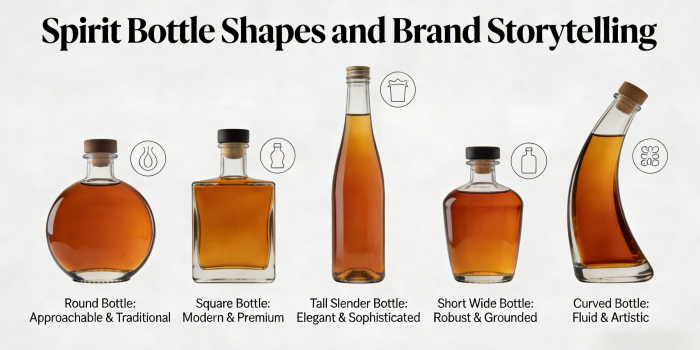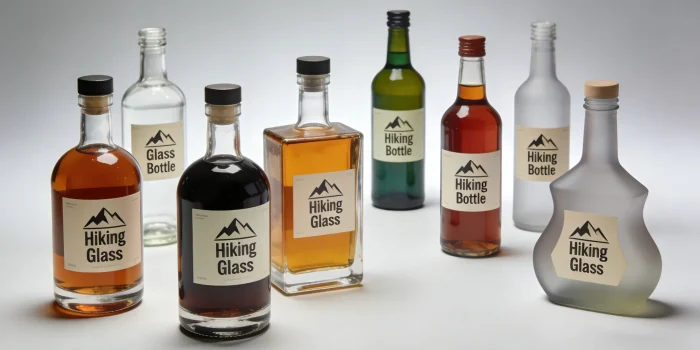Designing a Custom Liquor Bottles is one of…
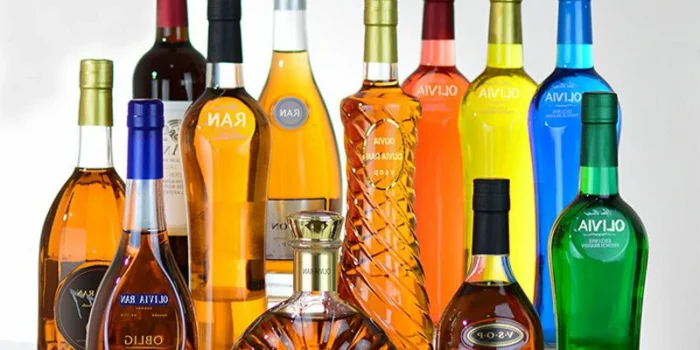
Revolutionizing Sustainable Packaging: The Rise of Glass Bottles in the Industry
Revolutionizing Sustainable Packaging: The Rise of Glass Bottles in the Industry

The Rise of Glass Bottles in the Industry marks a significant shift towards sustainability and environmental consciousness.
In the ever-evolving landscape of packaging, sustainability has become a key focus for industries worldwide. As consumers grow increasingly conscious of their environmental footprint, companies are seeking innovative ways to minimize waste and reduce their carbon footprint. One standout hero in this movement is the glass bottle, which is rapidly rising as a champion of sustainable packaging. Let’s delve into why glass bottles are making a comeback and how they are revolutionizing the industry.
The Environmental Imperative

The packaging industry has long relied on plastic due to its durability and cost-effectiveness. However, plastic’s environmental toll has become too significant to ignore. The staggering amounts of plastic waste polluting our oceans and landscapes, coupled with its non-biodegradable nature, have driven the demand for greener alternatives. Glass bottles, made from abundant natural resources like sand, limestone, and soda ash, are stepping up to the plate.
Advantages of Glass Bottles
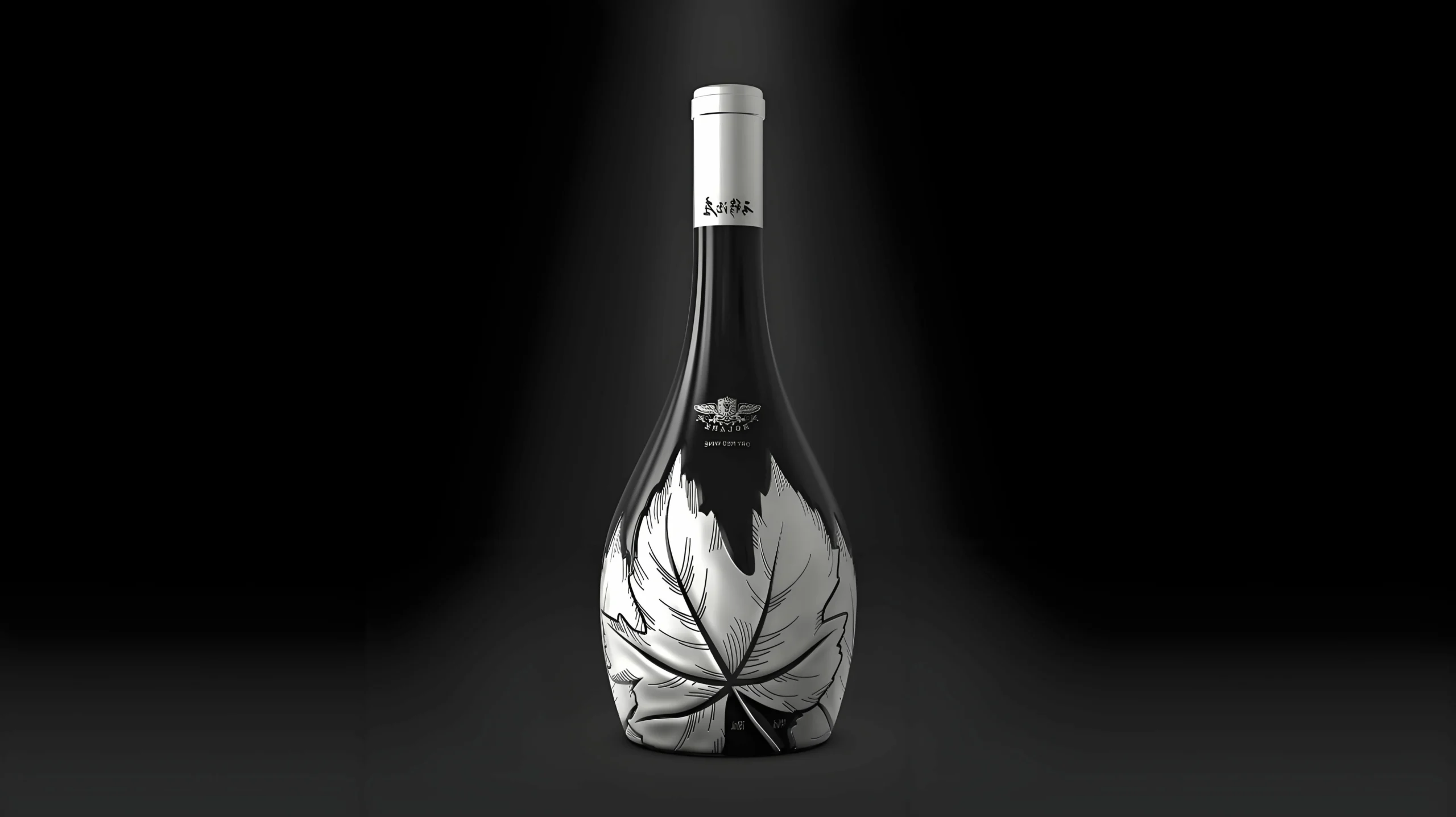
1. Recyclability: Glass is infinitely recyclable without losing its quality or purity. Unlike plastic, which degrades with each recycling cycle, glass can return to the shelves in new forms again and again.
2. Chemical-Free and Safe: Glass doesn’t leach harmful chemicals into its contents, ensuring the safety and integrity of products, particularly beverages and foods.
3. Aesthetics and Branding: Glass bottles offer a premium look and feel that can elevate a brand’s image. They signal quality and care, appealing to a market segment that associates glass with luxury and eco-friendliness.
4. Durability: While glass may seem fragile, advancements in manufacturing have produced incredibly durable variations that withstand shipping and handling challenges.
5. Cultural and Historical Appeal: Glass bottles have a nostalgic charm and cultural significance, making them a favorite for traditional and artisanal products.
Industry Adoption

Businesses across various sectors are transitioning to glass bottles, driven by both consumer demand and regulatory pressures. Here are some of the notable areas where glass is making significant inroads: –
Beverage Industry: From craft beers to cold brews and premium spirits, the beverage industry is leading the charge. The purity and taste preservation qualities of glass make it an excellent choice for liquids. – **Cosmetics and Personal Care**: High-end cosmetics increasingly use glass packaging to reflect their brand ethos and commitment to sustainability. –
Pharmaceuticals: The non-reactive nature of glass makes it perfect for storing sensitive medications and health supplements. –
Food Products: Many gourmet and organic food producers are shifting to glass to avoid contaminant risks associated with plastic packaging.
Challenges and Considerations

While the shift to glass bottles is promising, it’s not without its challenges. The higher weight of glass compared to plastic can increase transportation costs and carbon emissions if not managed efficiently. Innovations in lightweight glass and optimization of supply chains are, however, mitigating these issues. Additionally, the delicate nature of glass means companies must invest in robust packaging solutions to prevent breakage. The initial production cost of glass bottles can also be higher, posing a cost challenge for smaller producers.
The Road Ahead
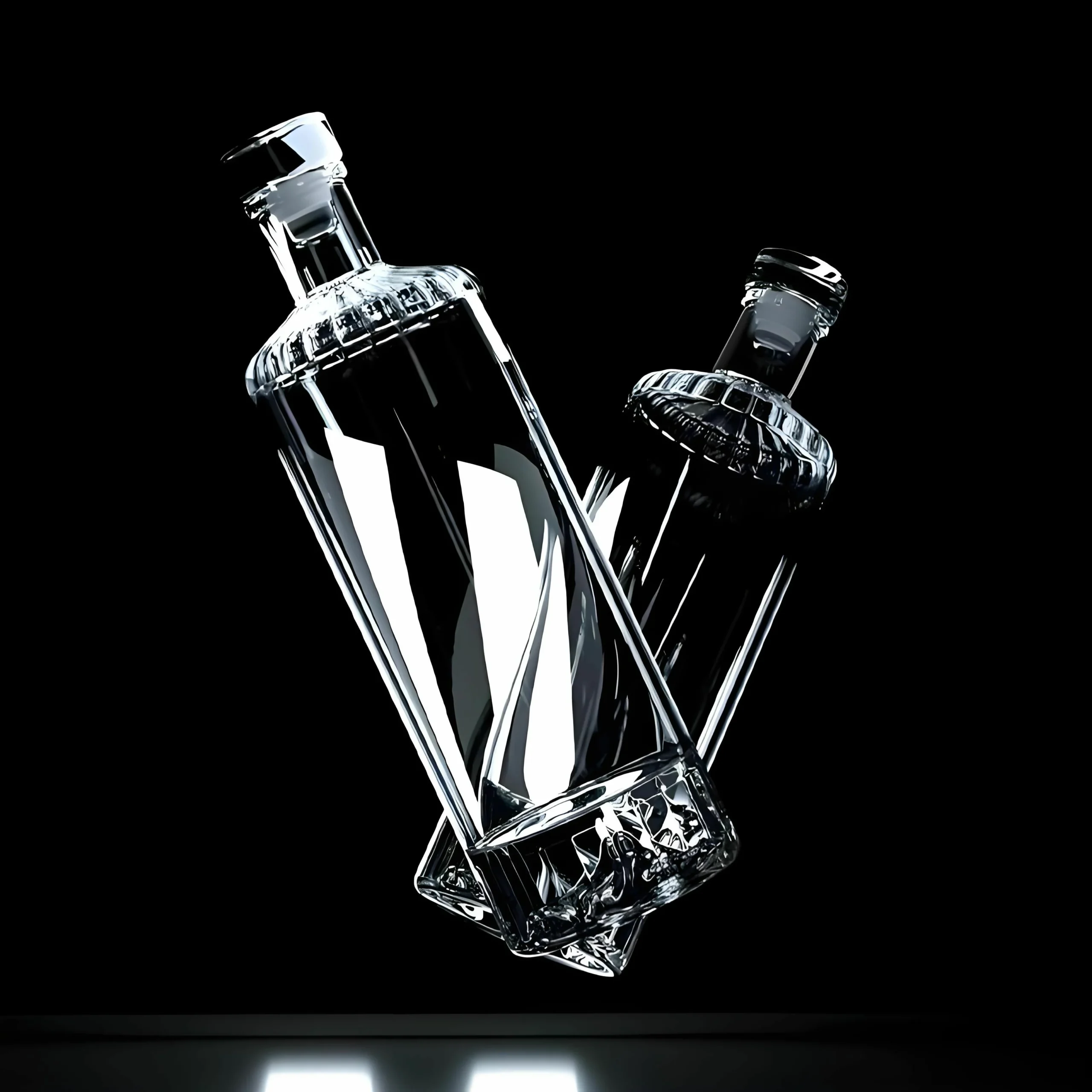
The rise of glass bottles in sustainable packaging signifies a crucial step in the right direction. As recycling technologies advance and consumer attitudes shift towards more eco-friendly practices, the glass packaging industry is poised for remarkable growth. Educating consumers about the benefits of glass and creating efficient recycling programs will be essential to sustain this momentum. Meanwhile, ongoing innovations in glass technology and design will continue to make glass an even more attractive option for businesses and consumers alike. In conclusion, glass bottles are proving to be more than just a nostalgic nod to the past; they are a beacon of sustainable progress. By embracing glass, we are not only preserving the quality of our products but also ensuring a healthier planet for future generations. The revolution in sustainable packaging is well underway, and glass is undoubtedly at the forefront.

